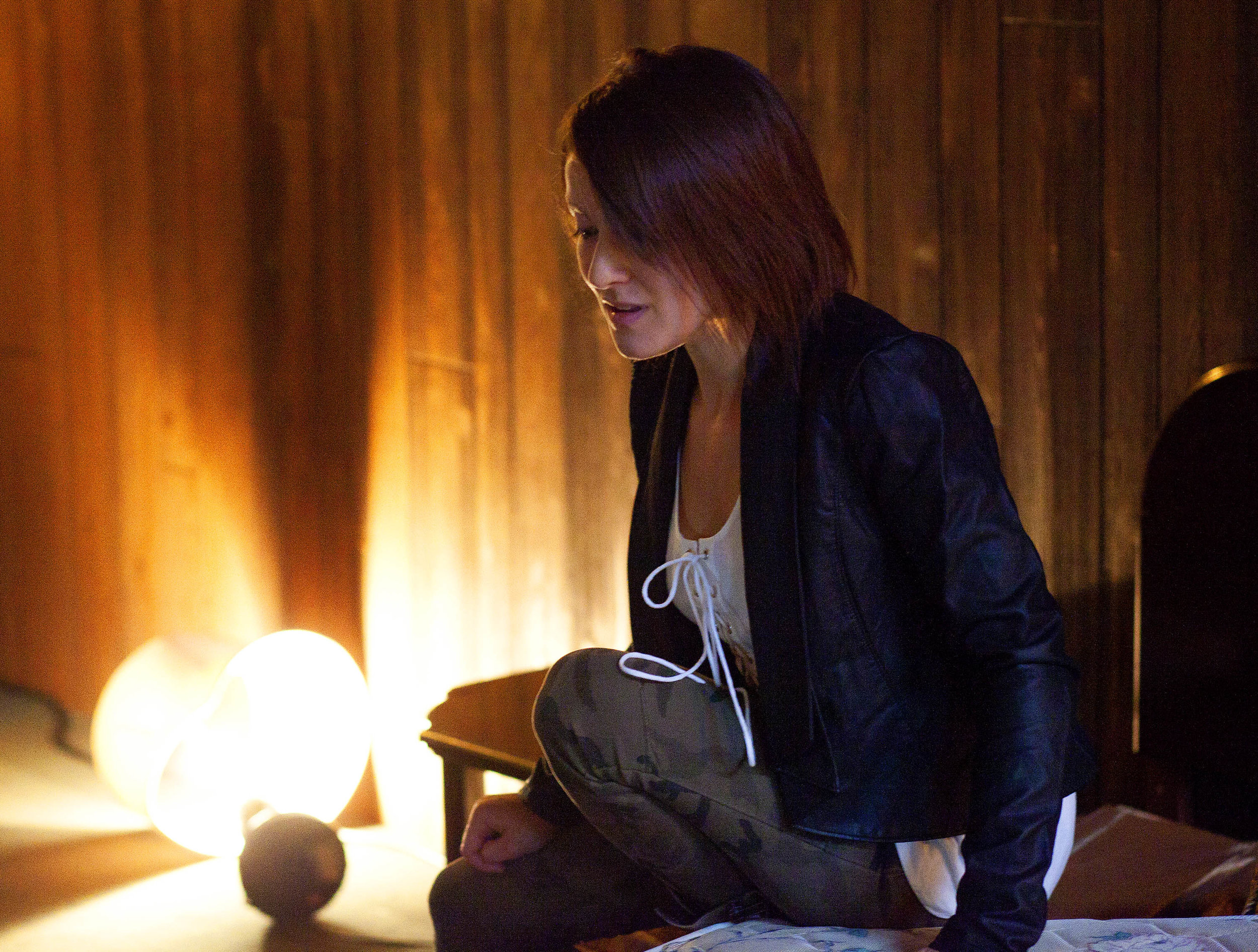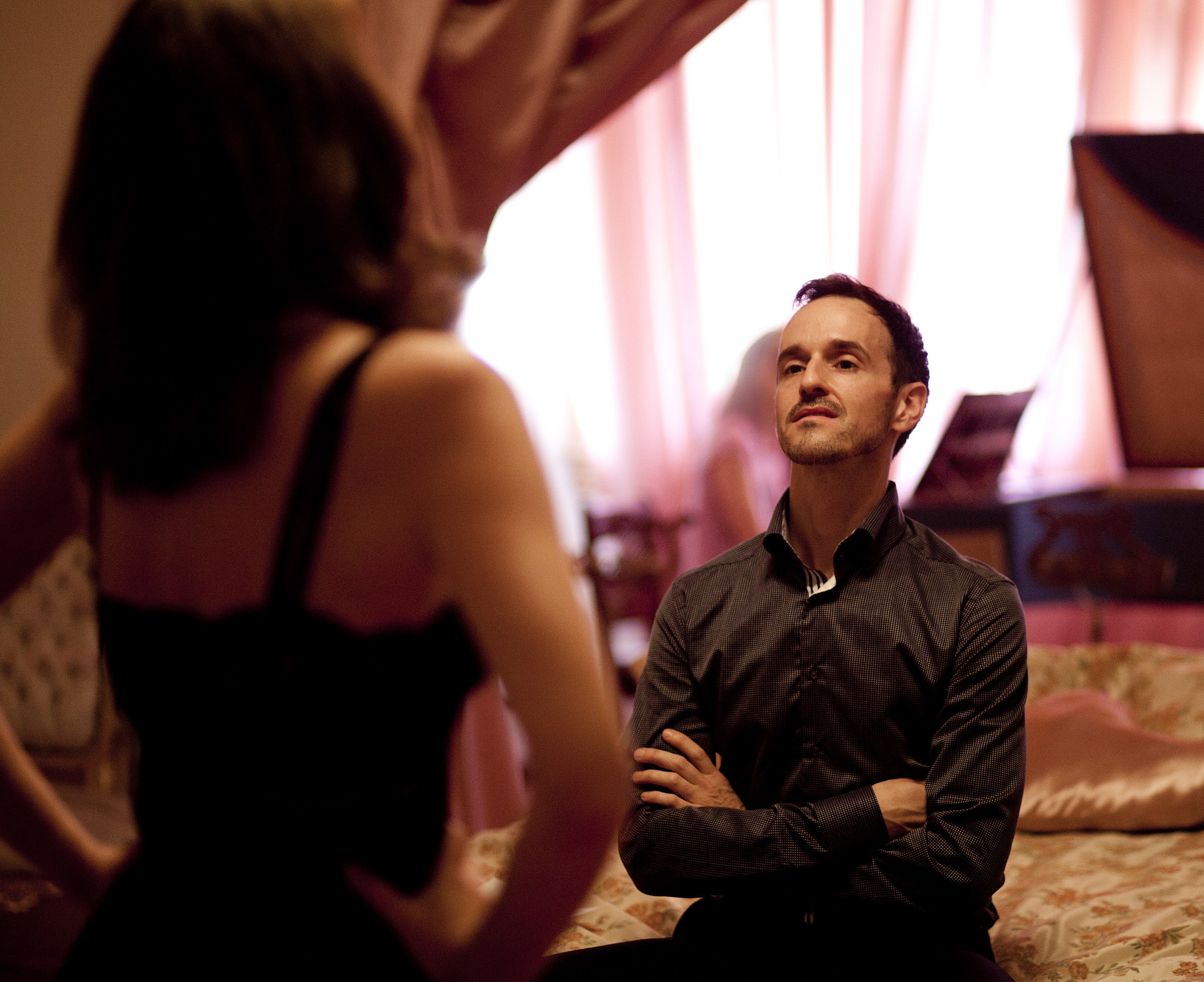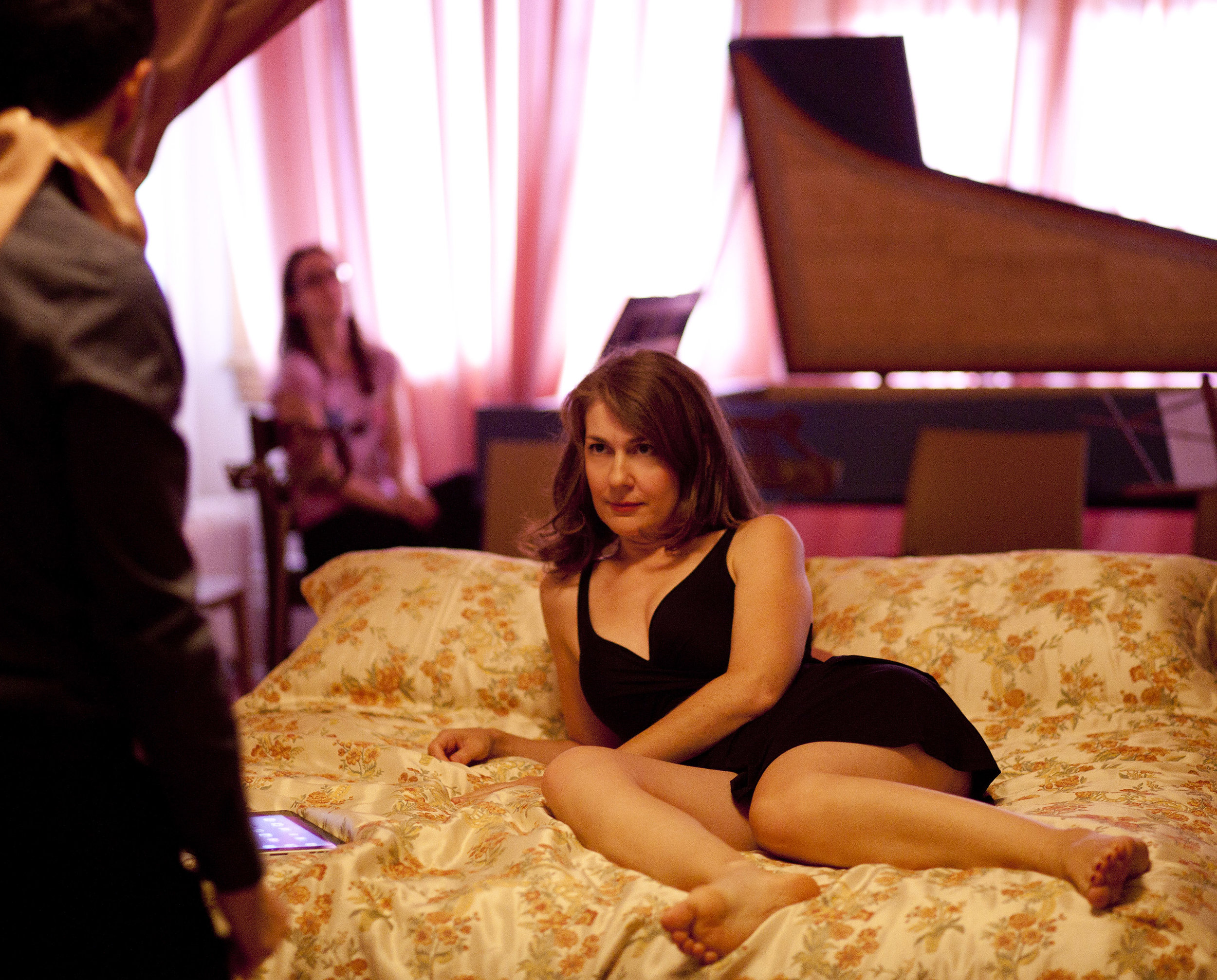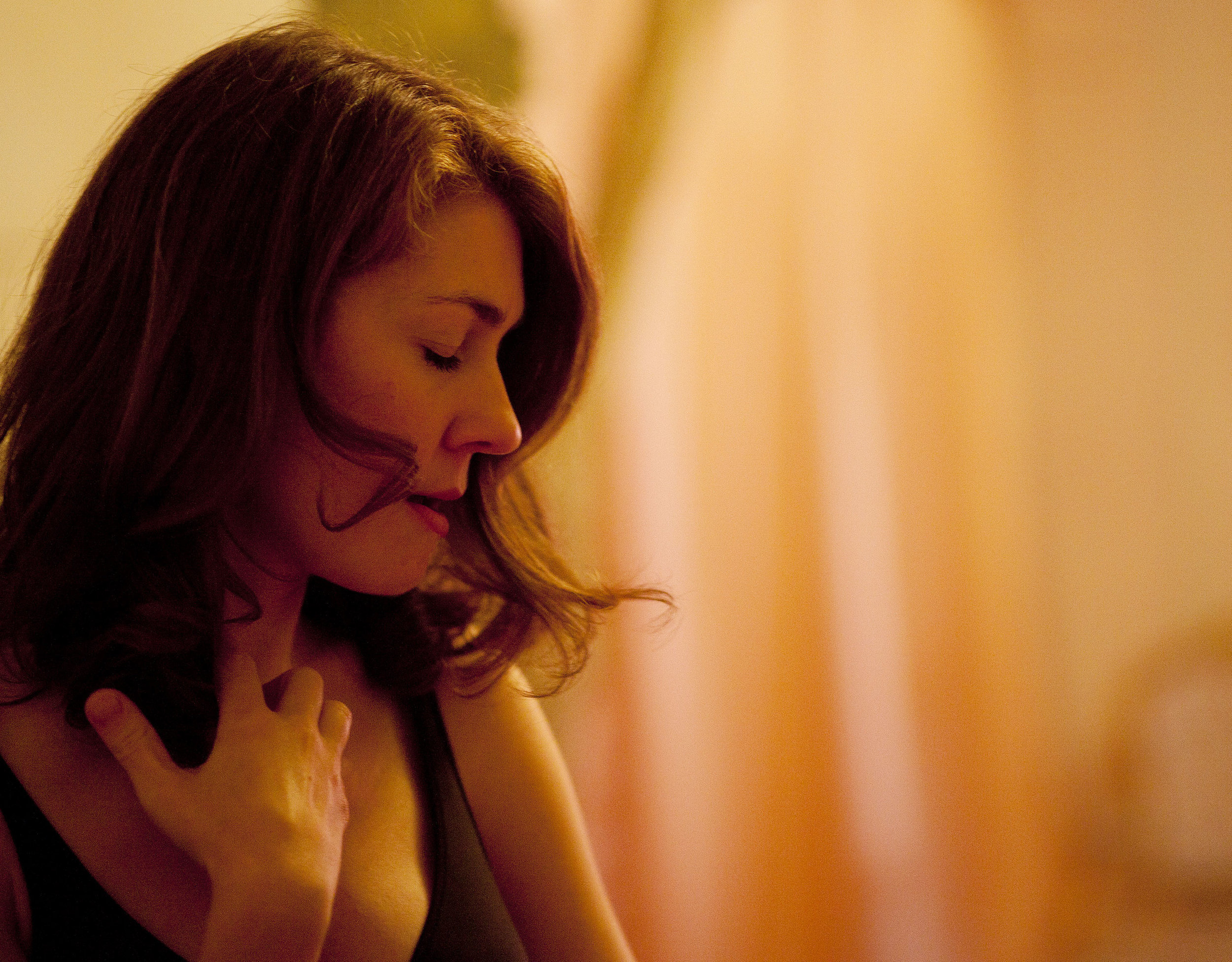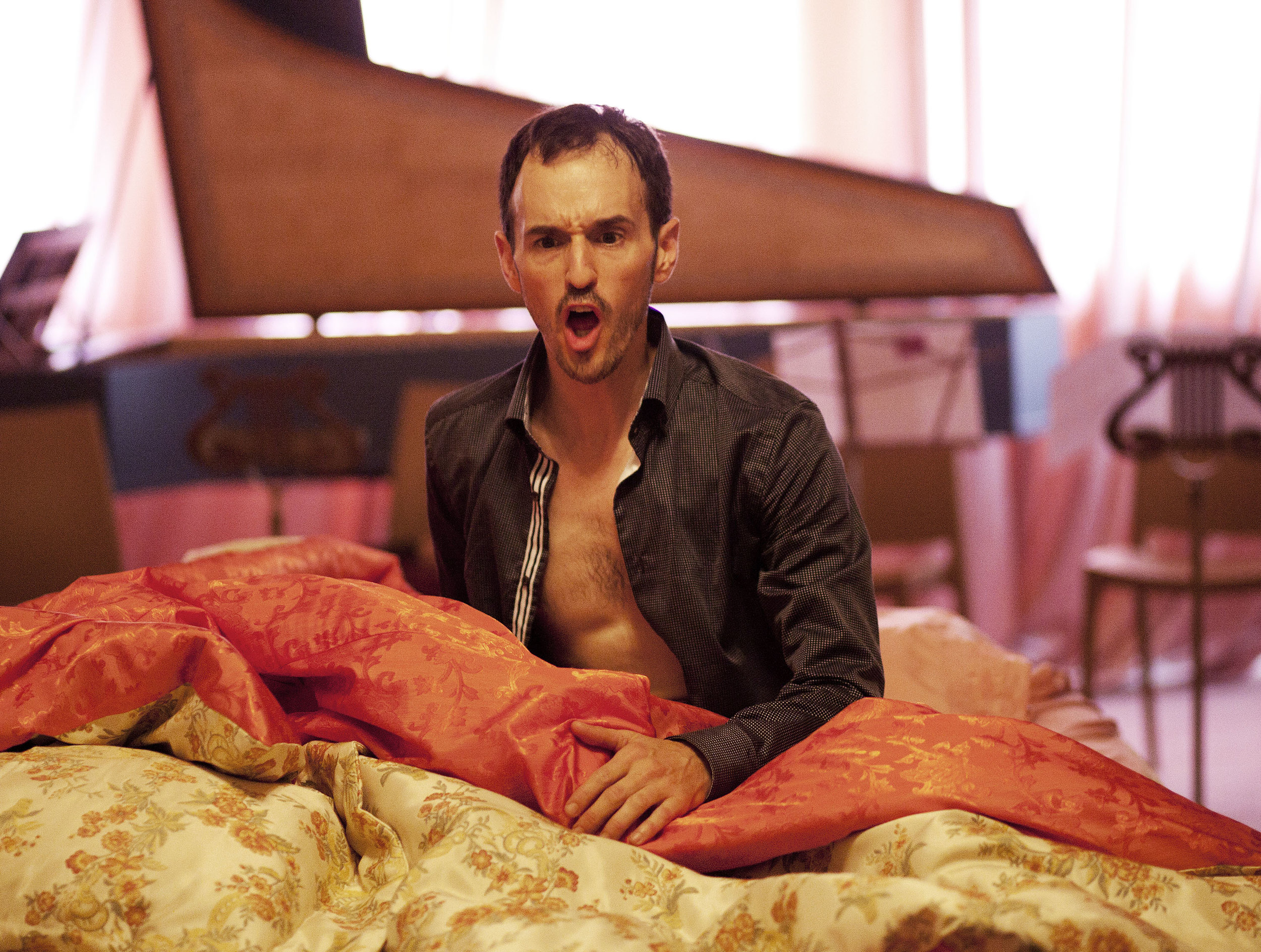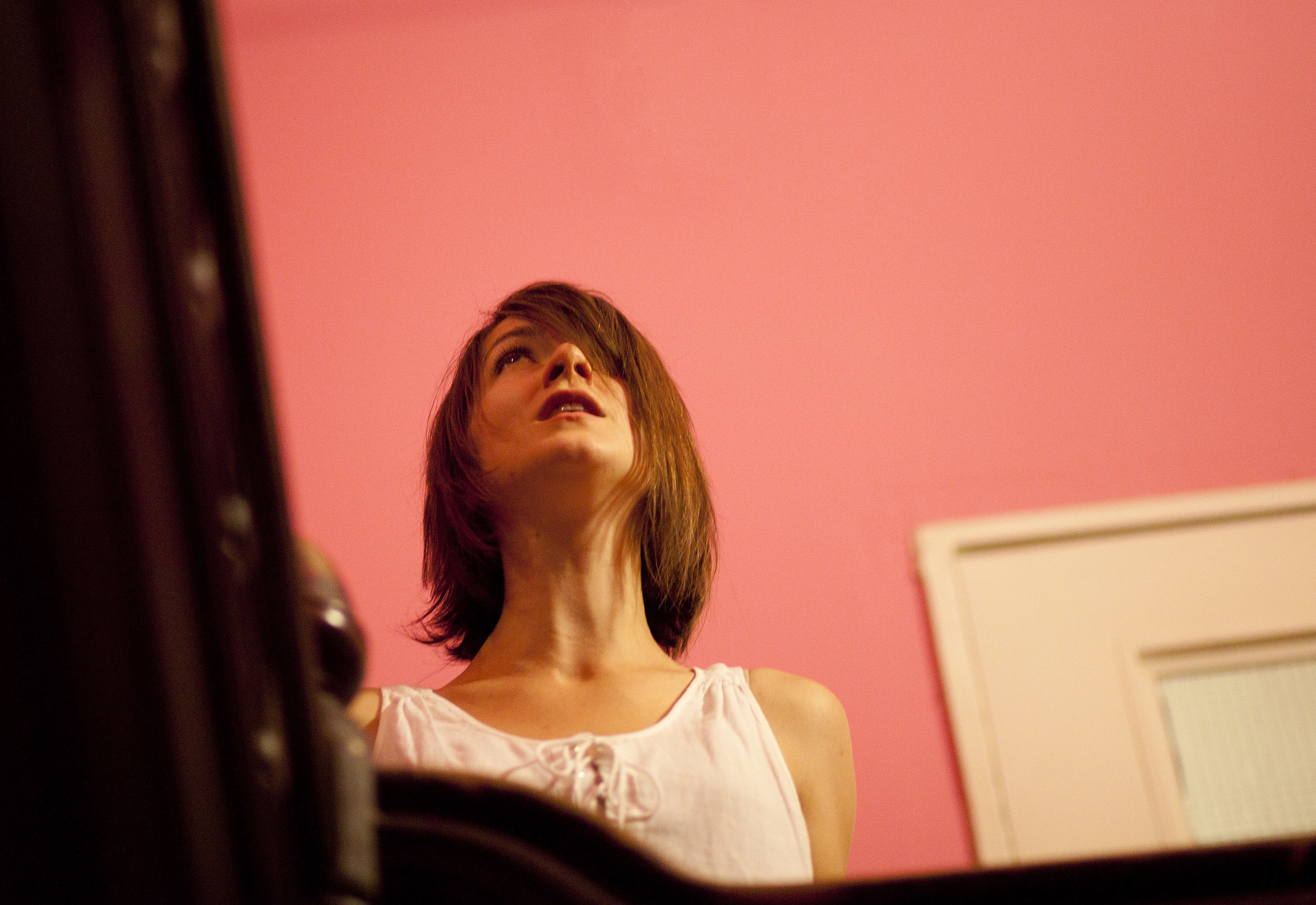A Synonym for Love
A Synonym for Love IS CURRENTLY AVAILABLE FOR Licensing.
The Story
THE HISTORY
In 1707, at the age of 22, George Frideric Handel moved from Germany to Italy, and composed a cantata for three singers called Clori, Tirsi, e Fileno or, as it’s sometimes known, Cor Fedele (The Faithful Heart). This was the beginning of the young composer’s Italian phase, and the resultant complex creation served as a laboratory in which Handel experimented with diverse musical and dramatic forms. It was a remarkable new direction.
The cantata, though fully realized as a mini-opera, was never performed publicly in Handel’s lifetime. As his reputation grew, he plundered it for later, more famous full-length operas (a few of the arias therein are quite familiar, as a result). Once he moved to England, the prolific composer switched to English, and Cor Fedele was left behind. After Handel’s death in 1759, this early cantata was thought lost to history.
In 1960, however, a single complete copy was found in a private library in Germany, where it had languished for centuries. Forty years later, in 2000, and nearly three hundred years after it was written, this remarkable work by a very young genius, received its world premiere staging in London, England.
This will be its Canadian premiere as a staged work.
THE ORIGINAL
Clori, Tirsi, e Fileno centres on the theme of love. The piece, written in Italian, charts the course of a love triangle between two shepherds (Tirsi and Fileno) and a shepherdess (Clori). In Handel’s version, the parts are usually sung by two sopranos and a counter-tenor, with one of the women pretending to be a man (a common conceit in opera of that era).
The object of the men’s love (Clori) is unable to decide between them. The men alternately foreswear her, and fall back in love with her. Much poetry ensues. Hearts are cracked open. Promises made and broken. In short, it’s a mess – a delightful, painful, glorious exposé of the human heart. At the end, they all agree on the inevitability, and impossibility, of love.
OUR VERSION
Three guests are staying at the historic Gladstone Hotel in Toronto – one of the most beautiful boutique hotels in the city. A woman is at the bar ordering drinks. A man is waiting at a table for her to return. She looks at him, and sings of her love. Another woman – who has just checked in, and who also happens to be the first woman’s lover – enters. She sees the couple, and, enraged, storms out, and up to her room.
This is the beginning of our love triangle. In our version, the two sopranos remain women – one is gay, one is bisexual. The man is straight, and feeling threatened. Everyone is at the same hotel. They all sing like angels.
The audience is initially seated at tables scattered through the ballroom, and – as the opera progresses – they follow a specific singer through the hotel. “Staff” will guide them from location to location, as they pursue their character:
Clori – soprano. The object of affection. Hard to pin down.
Phil – countertenor. Making his move. Sings like an angel.
Theresa – soprano. Loyal. A fireball.
The opera is sung in a new English version by award-winning writer, and internationally recognized theatre maker Deborah Pearson. This libretto is created specifically for the production at the Gladstone setting. The score has been rearranged so that each of the three audience tracks will allow for every audience member to understand the whole story, but to spend more time with one character, and thus be immersed in that character’s point of view. The audiences meet whenever there are duets or trios, or whenever one character is eavesdropping on another. These scenes happen in stairways, in bedrooms, hallways and bathrooms. The finalé will occur back in the ballroom (the same room from the beginning of the opera), and a truce of sorts is made, with each other, and with life.
The Team
Composed by | George Frideric Handel
New Libretto by | Deborah Pearson
Music Direction by | Ashiq Aziz
Stage Direction by | Ross Manson
Starring | Emily Atkinson, Scott Belluz, Tracy Smith Bessette
Scenic Design | Julie Fox
Production Manager, Technical Director, and Lighting Designer | Douglas J. Morum
Orchestra | Classical Music Consort
Stage Manager | Kai-Yueh Chen
Press
Milestones
2012: Premiere at the Gladstone Hotel, Toronto
Awards and Nominations
2013 Dora Award Nominee (Musical Theatre/Opera Division) for:
Outstanding New Musical/Opera: Deborah Pearson, Librettist
Outstanding Production: A Synonym for Love
Outstanding Direction: Ross Manson
Outstanding Performance – Ensemble: A Synonym for Love



